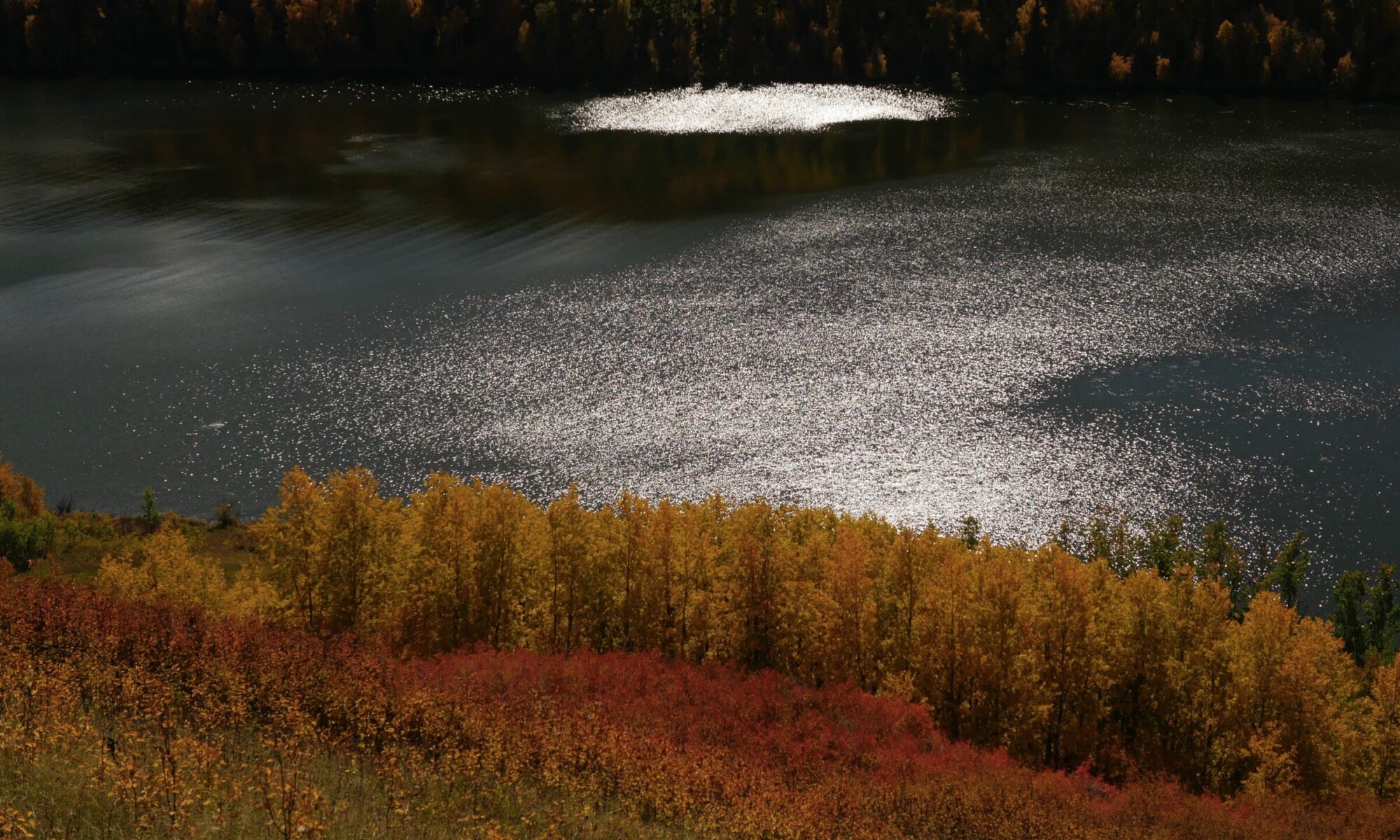In Kaylynn Sullivan Twotrees “Indigenous Mind”, the author makes a call for more awareness of the “broader accountability of the uses of power” and suggests that the understanding and awareness of “species relationship and interdependence” is essential in securing a future on this planet. This is something that seems like common sense to me, however, without providing a long list of environmental disasters (some of which in our own backyard) it is obvious to me that this is not common sense and that this type of empathy and awareness might have to be taught to people.
I am very lucky. I had a father that believed it was important for me to be exposed to a lot of different raw and real life situations. He also had a lot of faith in my ability to make sense of what I was seeing. My family owned an aviation company. Aviation where I grew up plays a pretty big part of everyday life. After Yellowknife, there are only winter ice roads that head north and a lot of those are for exclusive use for the mines and large exploration projects. In the summer months you travel by aircraft to these remote locations. Growing up, I was fortunate enough to be hauled along on many trips under the guise of “swamper” which usually involved shoveling snow or loading and unloading different objects. What this opportunity did give me, besides the development of a strong back, was an aerial perspective of the effect that human development had on the landscape. In my mid to later teens the federal government put a pile of money into cleaning up old mine sites that had been abandoned.
One of the reasons my dad came north is because of the DEW line site construction. The DEW Line – short for Distant Early Warning Line – is an integrated chain of 63 radar and communication systems stretching 3,000 miles from the northwest coast of Alaska to the eastern shore of Baffin Island opposite Greenland. The DEW line is located within the Arctic Circle over the entire length and for much of the distance completely unexplored. Both he and my uncle flew both helicopters and airplanes to these remote locations all across the north. Funnily enough, many years later I worked as a flight attendant on small 40 seat aircraft that ferried crews and supplies in and out of these sites when the government finally decided to deconstruct them.
One story my dad told me was about when he was doing work in the Arctic Islands for some sort of resource Exploration Company. He was flying a couple of geologists around and was told to land at this one spot. At this spot there were little hoodoo like formations. Apparently one of the geologists walked up and started kicking one of them over. My dad told me he was horrified that this university educated man did not realize how precious these structures were. He told me it was then that he realized that a formal education does not always make for someone that saw or cared about the bigger picture.

Kate
What an interesting life!
How did the landscape change as the government took to cleaning up those mine sites?
And what a horrifying moment! Sometimes the violence and obliviousness of others is striking.
Thanks Kate for your comments…how fortunate we were to have your dad in our lives for as long as we did! We truly did have an interesting life thanks to him and he still seems to be out there pointing us in the direction of our best selves!